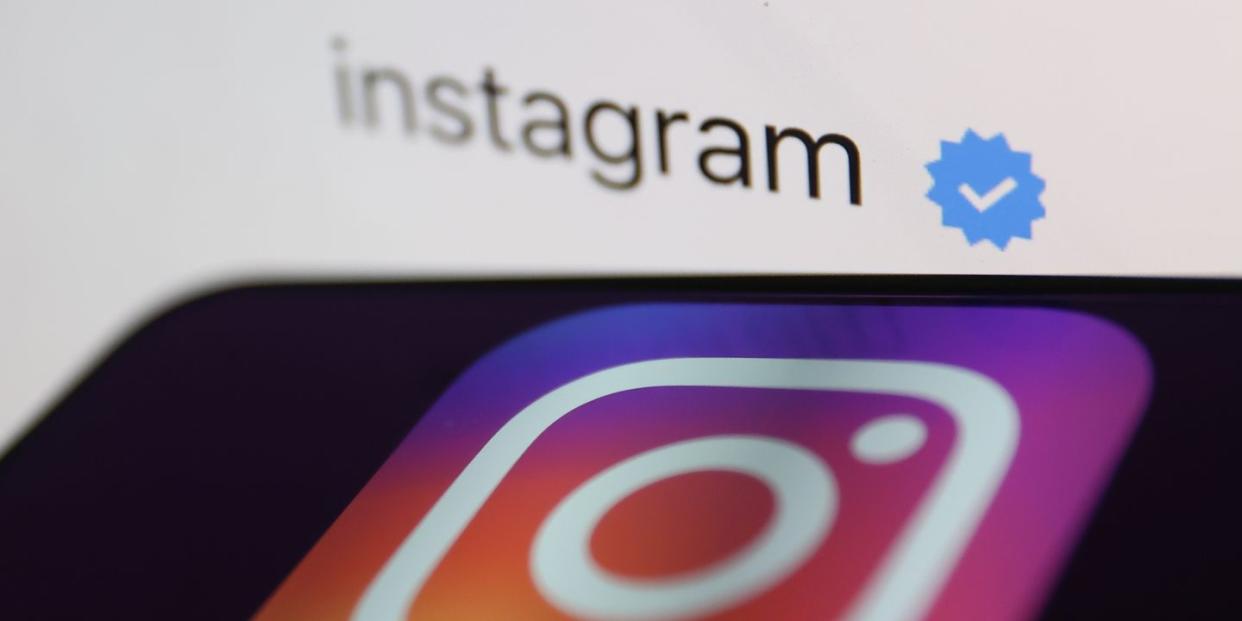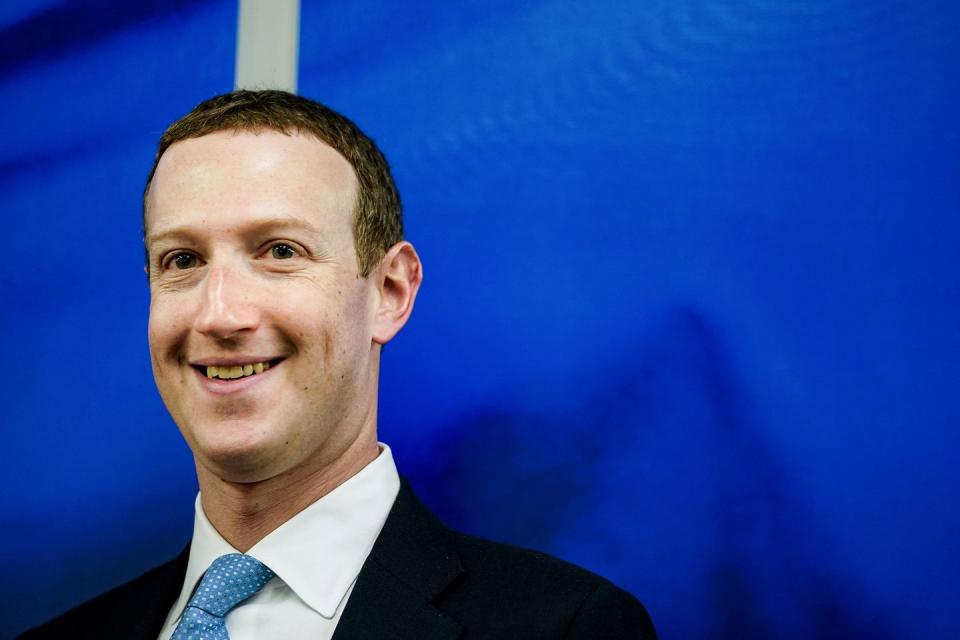You'll soon be able to buy a blue tick on Instagram – but is this really a good thing?

Hot on the heels of Twitter launching a pay-monthly scheme, which sees those signed up given a blue verification tick, Meta has announced that Instagram and Facebook will be launching something similar to "help up-and-coming creators". But is this actually a good thing? Especially given that Twitter has just announced that text verification, an extra layer of account security, is being revoked for those who don't want to shell out for their account...
A new blog post from Meta has confirmed that "a subscription bundle on Instagram and Facebook that includes a verified badge that authenticates your account with government ID, proactive account protection, access to account support, and increased visibility and reach" is being made available to the public this week. The scheme will be initially rolling out in New Zealand and Australia and will cost $19.99 (AUD) on web, or $24.99 (AUD) on iOS and Android (£11.46 and £14.33 respectively).
Meta also explained there were a few requirements for joining the subscription scheme including being at least 18 years old, having a history of posting on Instagram or Facebook, and a government-issued ID that matches the profile name and photo of the account you'd like verified. It added that subscriptions will also "include proactive monitoring for account impersonation".
Meta have also confirmed that no changes will be made to accounts that are already verified with a blue tick.

However, whilst it's clear to see that this change from Meta is a good thing for those wanting to further bolster their online presences, and who can afford to pay out monthly, it also seems to be very much ignoring the current cost of living crisis and the fact that social media is meant to be a space that democratises all voices – not just somewhere that will elevate those who have the means to pay. Seriously, who can afford yet another monthly subscription – and one that'll likely come in at over £100 a year? Frankly, it all kind of smacks of 'rich man thinks of another way to get rich, after watching another rich man give it a try'. This could also put activists and survivors, who rely on (partial if not total) anonymity online for their safety, at a disadvantage too.
Also, is it really fair for Big Tech to encourage people to pay out in order to help stop their identity being stolen, which seems like something platforms such as Instagram, Facebook and Twitter should be offering to all users as standard? Especially when social media has historically been free of charge since the very beginning – why should we all start paying out for it now, some twelve years after Instagram's launch?
There are also concerns given the timing of Meta's new announcement, which comes right off the back of Twitter announcing it is removing the option of text verification for those who aren't willing to pay for Twitter Blue. In a nutshell, this basically means that anyone who counts on Twitter sending them a text with a code in order to verify they're the real account owner when they log in, will no longer be able to do so – unless they pay. In some ways, it leaves those accounts more at risk of hacking, and relying on an extra strong password being put in place as the main means of protection. (Although, it's also been pointed out that it'll still be possible to use app-based two-factor authentication on Twitter even if you don't want to join Twitter Blue, which is actually more secure and just as fast as receiving a text)
Either way, this all points to a serious shift in the way the social media top dogs are thinking about users – and which ones should be given special treatment (read: those with cash to spare).
Follow Jennifer on Instagram and Twitter
You Might Also Like

